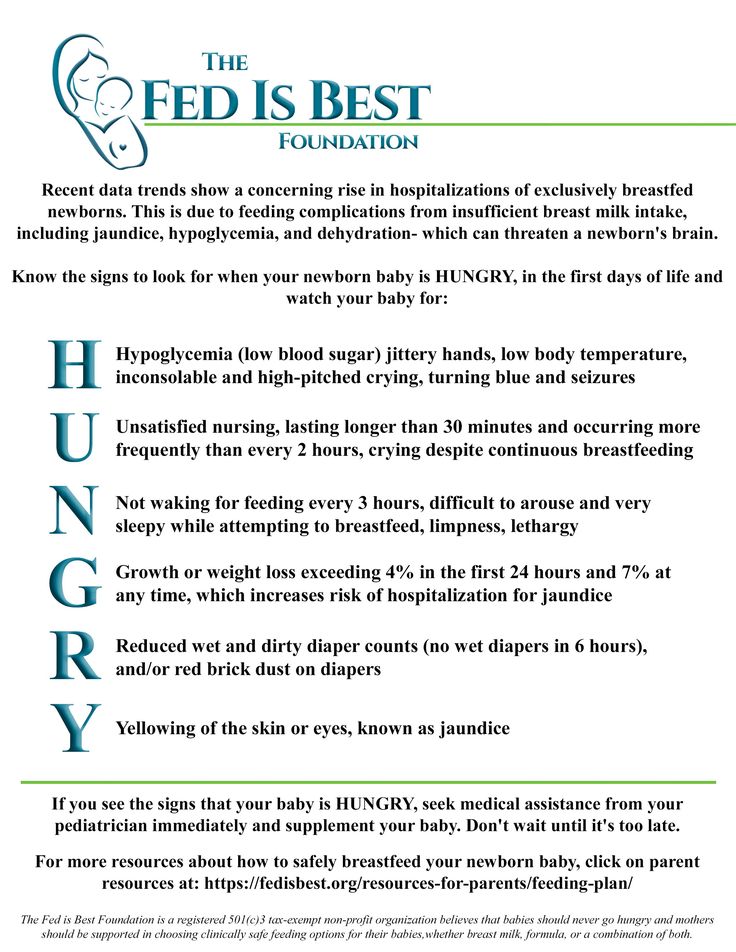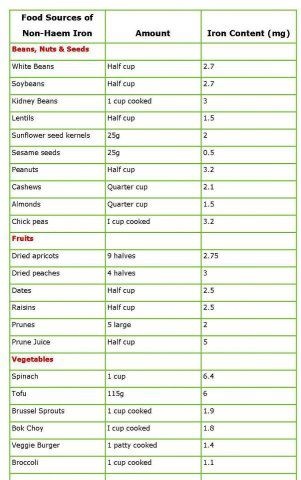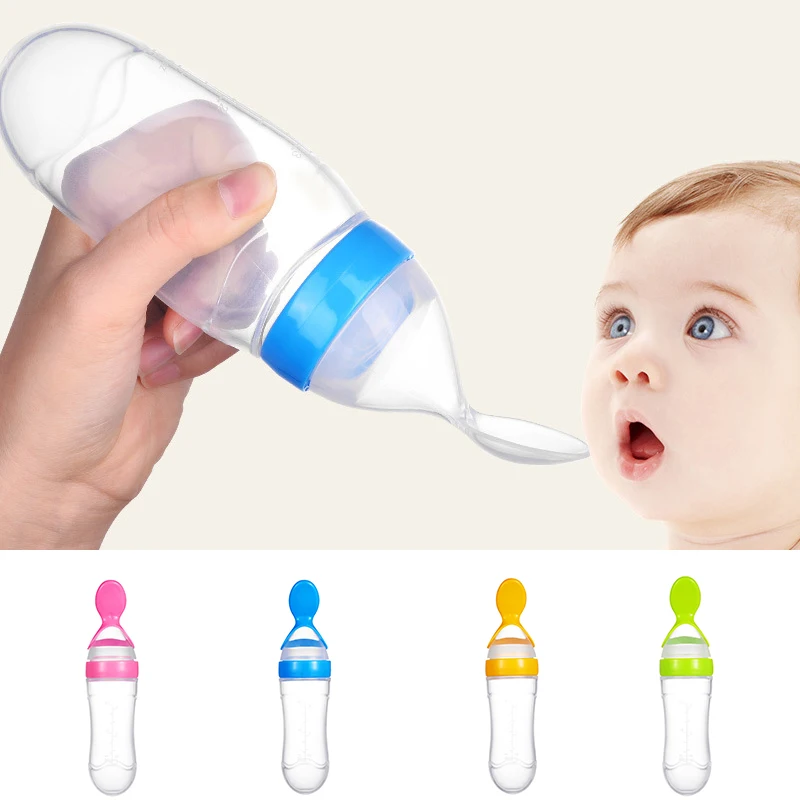How to stop baby feeding every 2 hours
Newborn Feeding Every 2 Hours
Is your newborn feeding every 2 hours at night? Whether breastfed or formula-fed, lean how to stretch feedings and sleep a little longer.
Every 2 hours.
Almost on cue, your newborn will wake up after 2 hours screaming for yet another feeding. It doesn’t help when moms of other babies—even younger than yours—are stretching their feeds, sometimes up to five hours at night.
Yes, she’s still in the newborn stage, so you understand that her tummy is small and her sleep is erratic. But weeks, even months, into parenthood and your little one still wakes up every 2 hours on the dot.
And so, the questions pile on.
How can you get her to sleep in longer stretches? Is it normal for her to still feed so frequently, especially when others seem to go longer between feeds? Could you be doing something that’s holding her back instead of encouraging her to eat more?
How to handle your newborn feeding every 2 hours
Weeks and months after welcoming my first-born home, I still felt stuck.
Frequent feedings seemed more understandable in the early days, but when you’ve been doing this forever, it can feel depressing. I didn’t know when I’d ever get a full night of sleep again, and started to resent how often my baby nursed, especially at night.
In hindsight, I can see how short those weeks and months are compared to the grand scheme of things. But when you’re in that moment, every day can feel like an eternity, not knowing if or when life will feel normal again.
Rest assured mama, feeding every 2 hours is normal, not only in the newborn stage but I’d say throughout our lives. Think about it: even adults tend to eat in 2-3 hour chunks, with snacks eaten between meals.
But the biggest concern you likely have is the frequent feeding at night. Maybe you’re wondering when your baby will be able to eat mostly during the day and sleep at night. Because eventually, we all consume our calories during the day, even older infants.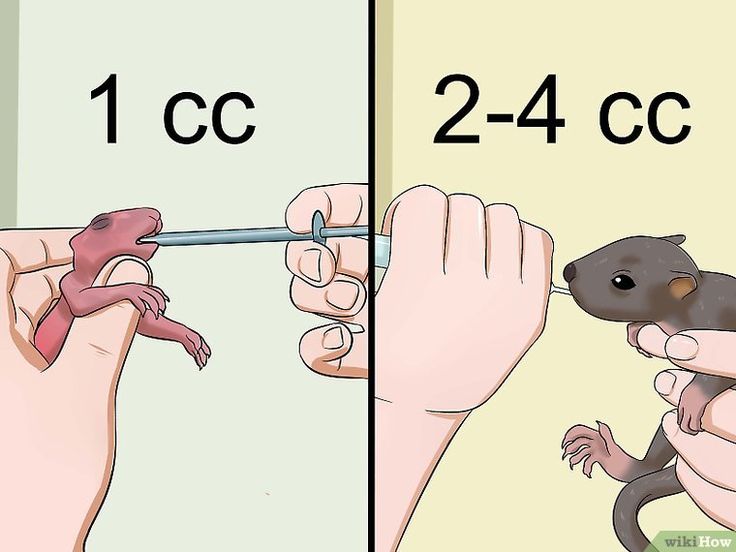 Why does it feel like yours is so far from that point?
Why does it feel like yours is so far from that point?
First, an important note: a newborn isn’t going to sleep the whole night just yet. I sleep trained my kids to go 11-12 hours straight only once they were well past the newborn stage. That said, what do you do when your little one is still too young to sleep train, but you want to encourage her to go longer between feeds?
Take a look at these steps you can try:
1. Don’t keep your baby awake too long
As a first-time mom, I assumed babies would sleep when they were tired. So, it wasn’t unusual for me to keep my baby awake for long stretches, unaware that he needed help falling asleep.
Only later did I learn that keeping him awake led him to feeling overtired and cranky. The result? Frequent wake ups between feeds and a more difficult time settling him back down.
In other words, there’s a good chance your newborn is waking up every 2 hours not out of hunger, but from feeling overtired.
Try not to keep her awake too long—90 minutes at most, and sometimes she’ll need to sleep as soon as 45 minutes after waking up.
Free: Do you struggle with getting her to sleep? Her awake time just might be affecting how well she sleeps or not. Join my newsletter and get One Mistake You’re Making with Your Baby’s Awake Time—at no cost to you.
Don’t make the same mistakes I did—help her fall asleep with this one simple trick! Grab it below:
2. Feed often during the day
Feeding on demand is so important during the newborn stage, but tell that to any new mom and you might be met with dagger eyes. After all, it can be difficult to feel tied to your baby 24/7, especially if you’re the only one who can feed her.
But feeding on demand, especially during the day, ensures that she’s getting all the food she needs. Don’t try to cap her off or put her on a schedule. Instead, follow her lead and feed as often as she wants during the day.
And hopefully, by having fed plenty the whole day, she’ll have less of a need to wake up often at night. Don’t expect her to sleep through the night yet, but at least you’re filling her up during the day when she’ll start to take in most of her feeds down the line.
How to handle a newborn constantly feeding.
3. Feed extra before bedtime
The first stretch of sleep after bedtime tends to be the longest. This is when you’ll likely grab five hours of uninterrupted sleep compared to, say, four o’clock in the morning. Help your baby sleep longer for that first stretch by offering her a bit of extra food for her bedtime milk.
If you breastfeed, see if she’ll take a few extra minutes of nursing (or simply wait for her to pull away instead of putting a time limit). If you bottle-feed, try to add an extra ounce before setting her down for the night.
By topping her off with extra milk, you can ensure that she won’t wake up too soon after from hunger.
4. Dream feed
If you’re like most parents, you put your baby down for the night before your own bedtime. For instance, you might set her down at 7:30pm, then head to bed yourself at 10pm.
One trick that can pre-empt her first wake up is to offer a dream feed before you go to bed yourself.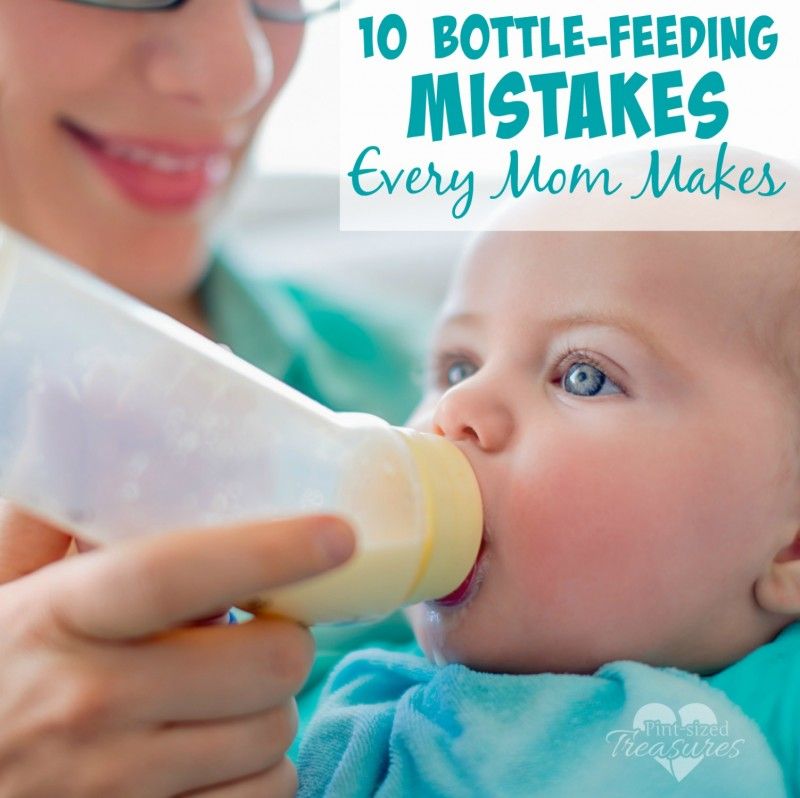 Let’s say you go to sleep at 10pm. Give her another feed at 9:30pm to top her off even further for the night. This allows you to feed her while you’re still awake and alert, and extends her feeding even more.
Let’s say you go to sleep at 10pm. Give her another feed at 9:30pm to top her off even further for the night. This allows you to feed her while you’re still awake and alert, and extends her feeding even more.
It’s okay if she’s groggy and half asleep as she feeds—there’s no need to wake her up all the way. This is more to give her a feed before she asks for it while you’re still awake.
Get more tips about dream feeding.
5. Make sure your baby is actually eating
Does it seem like your baby wakes up right after you had just fed her? There might be a chance she’s not even drinking at all, which could explain why she’s hungry so soon after feeding her. Instead of drinking, she might be half asleep and sucking for comfort, especially if she drifts off to sleep mid-feed.
How can you tell she’s eating? Listen for a swallowing sound—she should actually be gulping milk down. And look at her throat to see if it moves with each gulp. If you don’t hear a sound and her throat doesn’t move, she just might be moving her mouth and sucking.
If you suspect that she falls asleep, burp her mid-feed, talk to her, tickle her, and otherwise ensure that she stays awake while she feeds.
Learn how to stop your baby from snacking on the breast.
6. Give your baby a chance to settle
Newborns are notorious for making all sorts of sounds, even while they’re sound asleep. But back then, I’d sit up right away the minute my little guy made a peep (it didn’t help that he was in the same room as me). I felt compelled to scoop him up immediately, fearing that those sounds would escalate into full-on cries.
I’ve since learned that those sounds, and even the small whimpers and cries, can often settle on their own. The next time you hear your baby cry, try to discern the type of cry first. Does she sound like she’s complaining and whimpering, or is she angry and in need of your attention right away?
If it sounds like she might settle down, wait one minute. She might not be waking up out of hunger.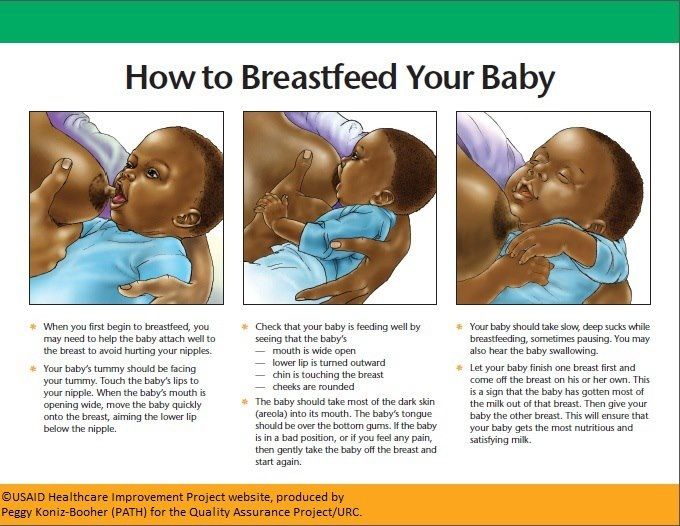 This is also a little practice that will help her overcome small discomforts.
This is also a little practice that will help her overcome small discomforts.
Conclusion
A newborn feeding every 2 hours isn’t always easy to handle. Your baby finally falls asleep, only to rest for a short while before he seems hungry again. How can you get him to sleep longer at a time?
Don’t keep him awake too long, as frequent wake ups could be a result of feeling overtired. Feed often during the day instead of capping him at a certain time or by a particular schedule. Give him extra milk before bedtime and take advantage of that long first stretch of sleep.
Before heading to bed yourself, offer a dream feed to top him off for the night while you’re still awake and alert. Make sure he’s actually eating and not just sucking for comfort. And lastly, don’t feel compelled to respond right away—he might be asleep or making small sounds and eventually settle herself down.
You can do certain things to help you stretch those feedings at night—instead of waking up every 2 hours as if on cue.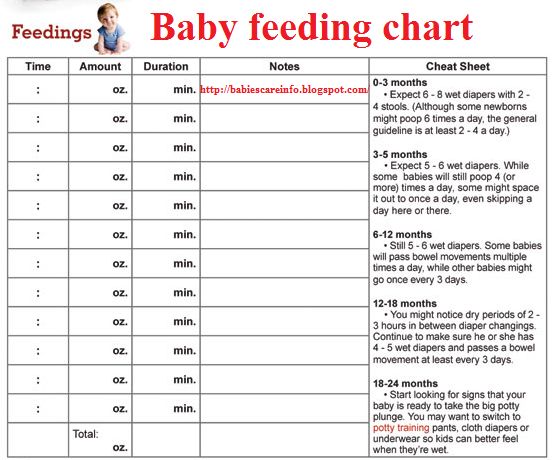
Get more tips:
- How to Get Your Baby to Adjust Using a Newborn Schedule
- 4 Reasons Your Baby Never Seems Satisfied After Breastfeeding
- Baby Feeding Every Hour (And Not Sleeping, Either)?
- 11 Ways to Cope with Newborn Sleep Deprivation
- 12 Things to Do When Your Newborn Fights Sleep
Don’t forget: Join my newsletter and get One Mistake You’re Making with Your Baby’s Awake Time—at no cost to you:
Up Every 2 Hours-HELP! How to Drop Night Feedings • The Baby Sleep Geek
“Dear Baby Sleep Geek- My baby is waking up every 2 hours and the only way I can get her back to sleep is to nurse her. She doesn’t even seem hungry. She only nurses for about 3 minutes and falls asleep but then she is up again 2 hours later—wash, rinse, repeat!!”
I get a variation of this email all.the.time. And unless it’s a fresh newborn, chances are this little one has a nurse-to-
sleep association or learned hunger. How do you solve this common yet exhausting problem?
How do you solve this common yet exhausting problem?
Build Independent Sleep First
If you know me, you know I am pretty conservative about using sleep training to drop necessary night time feedings. Sleep training isn’t designed to do this, but to build independent sleep. So, the absolute first step you need to do is ensure your baby is going to bed “ready but awake” at the beginning of the night. Babies who go down awake at the beginning of the night independently are much more likely to be able to fall back to sleep after normal night wakings without the help of nursing. The best way to do this is to move the nursing or bottle to the very start of the bedtime routine.
“I did that. My baby is still waking for night feedings.”
Your Baby May Actually Need the Night Feeding
First, assess which night feedings are age appropriate. Night feedings in babies under 9 months are common and may be biologically appropriate.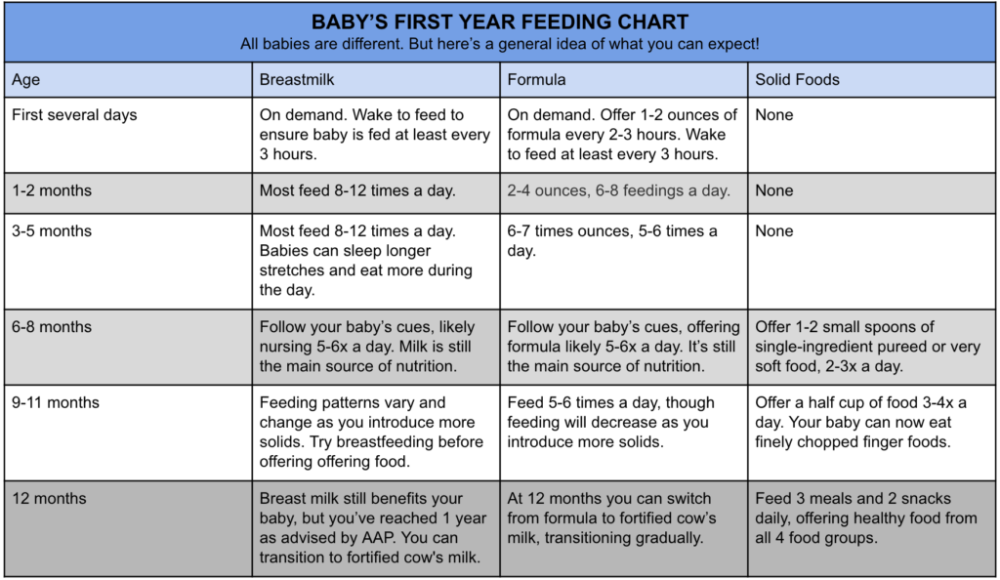 But feedings every 2 hours at any age or night feedings after 12 months old rarely are. Chances are your baby has “learned hunger” or a nurse to sleep association. Your baby has become accustomed to frequent small meals throughout the night or now depends on the feeling of eating to fall asleep.
But feedings every 2 hours at any age or night feedings after 12 months old rarely are. Chances are your baby has “learned hunger” or a nurse to sleep association. Your baby has become accustomed to frequent small meals throughout the night or now depends on the feeling of eating to fall asleep.
Night Weaning Options
I recommend dropping night feedings one at a time, unless your baby is over 9 months old. Since the first half of the night is when your baby has the deepest sleep, I recommend cutting the early feedings first which allows your baby a longer stretch of restorative sleep during the part of the night when he naturally sleeps more deeply. You have a few options for dropping unnecessary night feedings:
Option 1: Switch to a bottle.
I often recommend this as a first step regardless of what night weaning method you choose next. Have dad or non-breastfeeding partner give your baby a bottle. This is sometimes all you need to drop feedings. If baby isn’t rewarded with a warm snuggle at the breast by mom, baby just figures it isn’t worth the trouble—no offense to dad or the non-breastfeeding partner.
If baby isn’t rewarded with a warm snuggle at the breast by mom, baby just figures it isn’t worth the trouble—no offense to dad or the non-breastfeeding partner.
Option 2: Reduce the volume.
The strategy you use will vary depending on whether you are nursing or bottle feeding at night. Both methods take about 1 week, but can be sped up or slowed down at any time depending on your comfort level and your baby’s response to change.
If You Breastfeed at Night
Reduce the length of time your baby is nursing for each feeding, starting with the first feeding of the night. For example, if your baby usually nurses for 15 minutes, you can slowly reduce that by 2 minutes every night. Once you get to 3 minutes, you can drop the feeding completely the next night. If you are dropping another feeding, you can then move on to that one. The downside of this method is that your baby may not be happy to be pulled off your breast before he’s finished using it as a sleep aid. The benefit of switching to a bottle first means you can reduce the volume of feedings over time which tends to be easier on baby.
The benefit of switching to a bottle first means you can reduce the volume of feedings over time which tends to be easier on baby.
If You Bottlefeed at Night
Reduce the ounces in each bottle feeding, starting with the first feeding of the night. For example, if your baby usually drinks 5 ounces, you can slowly reduce that by ½ an ounce every other night. Once you get to 1 ounce, you can drop the feeding completely and move on to the next feeding.
Option 3: Push feedings later.
You can also push the first feeding of the night later by 15 minutes every other night. As you do this, the 2nd feeding should eventually be pushed into the morning hours, essentially dropping it as it becomes the first feeding of the day.
Option 4: Go cold turkey.
I recommend this method only when it’s pretty obvious that your baby is not taking in a lot of milk during these feedings. In these cases, dropping the feedings won’t impact overall calorie intake and breastmilk supply.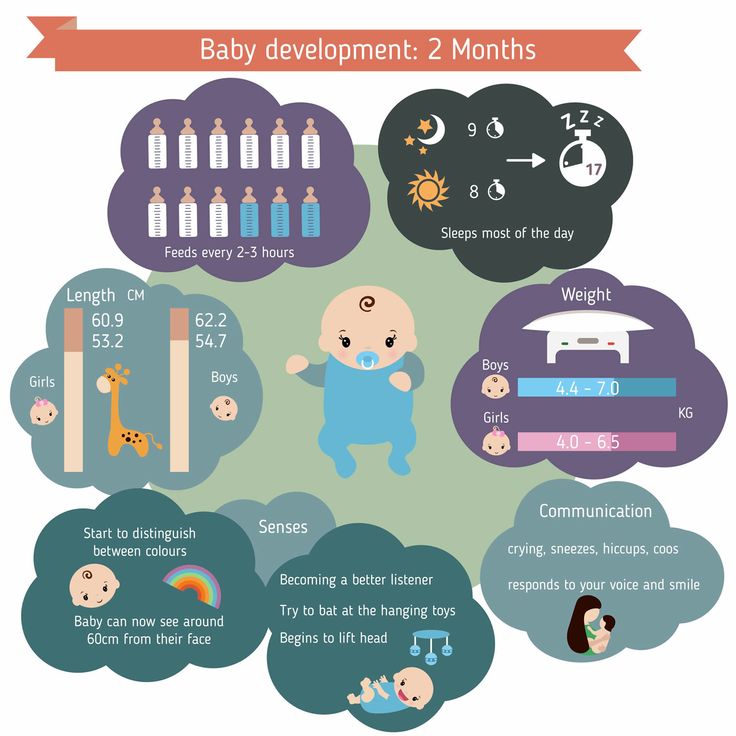
If he is gulping away the ounces from a bottle or you notice your breast empty a lot during night feedings, going cold turkey is like asking your baby to drop a full meal out of the blue. He’ll be hungry—and LOUD. Save yourself the stress and use a more gentle method to wean off each feeding slowly. It may take longer, but you’ll spend less time crying with your head under your pillow.
Get More Help
Dropping night feedings can be challenging, especially if you are breastfeeding and concerned about your supply. If you need help managing the transition, a sleep consultant with experienced in lactation (like me!) can help you improve sleep while protecting the breastfeeding relationship. Contact me if you’d like help!
Up to what age to feed the baby at night and how to replace formula
Baby formula is only a forced measure to replace mother's milk in the absence of sufficient lactation or underweight in the baby. In all other respects, the infant formula feeding algorithm remains the same as with breastfeeding.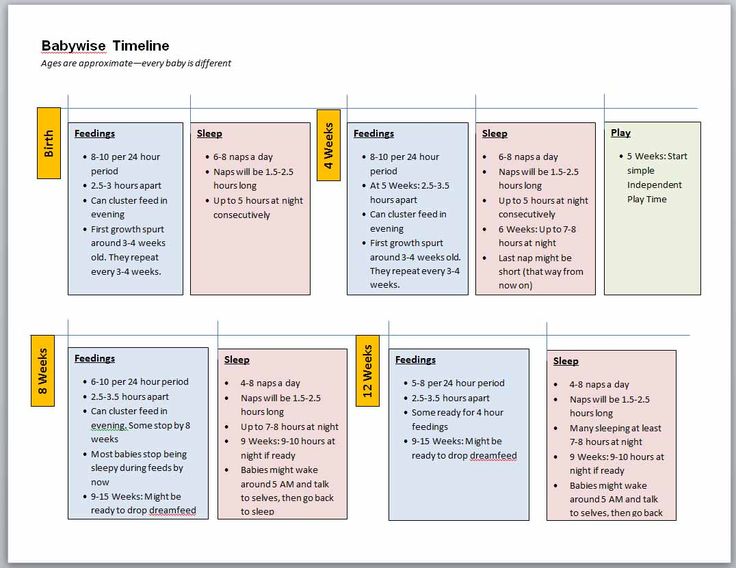 The baby also needs nightly feedings about every 3-4 hours. This is due to scientifically proven facts. Babies up to a year old have an accelerated metabolism, food is digested faster, and naturally, they experience hunger at night. Also, any anxiety of the baby at night forces him to demand his mother's participation, and of course - food as a sedative. There is even a theory that children are genetically woken up to eat to avoid "Sudden Infant Death Syndrome" in their sleep.
The baby also needs nightly feedings about every 3-4 hours. This is due to scientifically proven facts. Babies up to a year old have an accelerated metabolism, food is digested faster, and naturally, they experience hunger at night. Also, any anxiety of the baby at night forces him to demand his mother's participation, and of course - food as a sedative. There is even a theory that children are genetically woken up to eat to avoid "Sudden Infant Death Syndrome" in their sleep.
But also can't it continue indefinitely? The child grows, develops actively, from the age of 6 months receives a variety of complementary foods, and over time should form a normal daily routine. And for this you need to figure out: how to wean a child at night to eat the mixture in the most gentle ways.
Up to what age to give the mixture at night
Experts differ on this issue, but the average age when you can do without night feedings is nevertheless deduced. Infants with normal development can sleep peacefully at night without formula 10-12 hours from 9-12 months.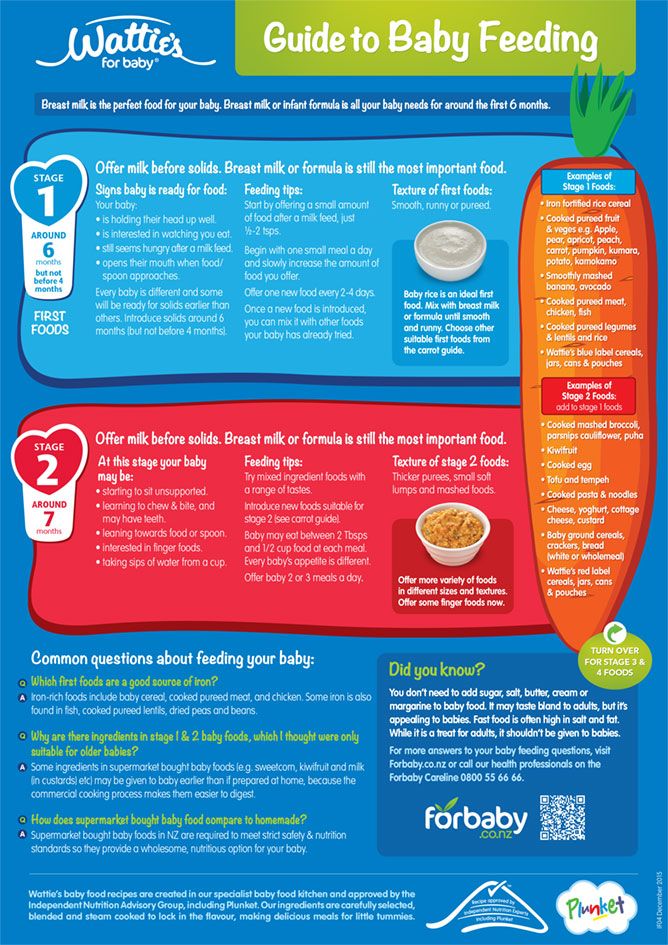 Of course, if parents do not consider it necessary to restrict their child in nutrition, they can safely continue to feed their child at night and beyond. But they must be aware that, firstly, over time, these periods of eating become just a habit for the baby. And secondly, mothers should also think about their own well-being after sleepless nights. So, the approximate age of weaning a child from night feedings has been determined, it remains to find out how to replace the mixture for the night after a year for the first time of the transition to a new regimen.
Of course, if parents do not consider it necessary to restrict their child in nutrition, they can safely continue to feed their child at night and beyond. But they must be aware that, firstly, over time, these periods of eating become just a habit for the baby. And secondly, mothers should also think about their own well-being after sleepless nights. So, the approximate age of weaning a child from night feedings has been determined, it remains to find out how to replace the mixture for the night after a year for the first time of the transition to a new regimen.
Night formula alternative
Formula feeding formula is extremely nutritious and delicious for your baby. Therefore, the nightly replacement should be unequal, so that the baby subsequently feels that he does not need to wake up for such food. For these reasons, many mothers, thinking about how to replace the mixture for the night, use not the best products. It is strongly not recommended to use compotes or juices, because the ultimate goal is a complete and painless rejection of night food.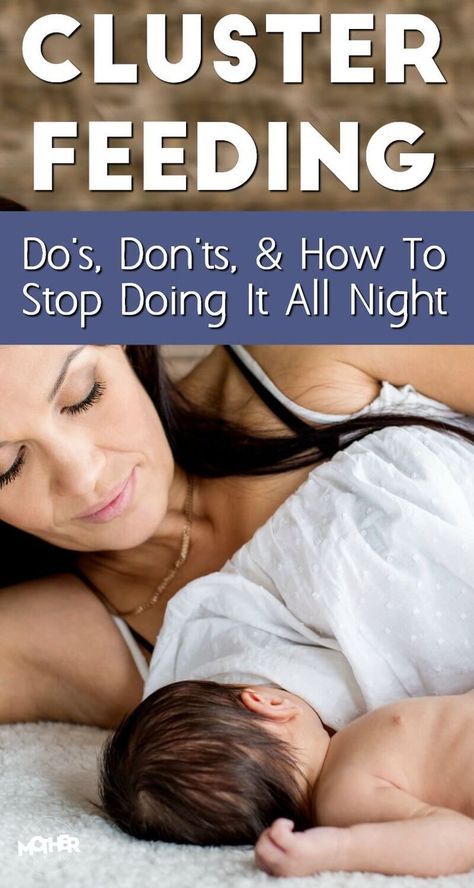 In addition, fruit drinking can cause flatulence and abdominal pain - not the most favorable factors for restful sleep.
In addition, fruit drinking can cause flatulence and abdominal pain - not the most favorable factors for restful sleep.
It is better to replace the traditional food at first with a well-diluted mixture, and then with clean water. At the same time, you need to try to slightly shift the period of falling asleep and provide the child with peace and a hearty dinner before going to bed. During the gradual transition to a new way of life, it is not necessary to immediately offer a diluted mixture to the awakened baby at night, it is better to try to calm him down in a different way - caress, rock him. And since night meals a priori will cease to be delicious food, the child himself will gradually forget about it, but the wise human body will be rebuilt anyway.
How to wean a child from night feeding, wean a child to eat at night
0-6 months
Article
5/5 2 reviews
A newborn baby eats at any time of the day, day or night.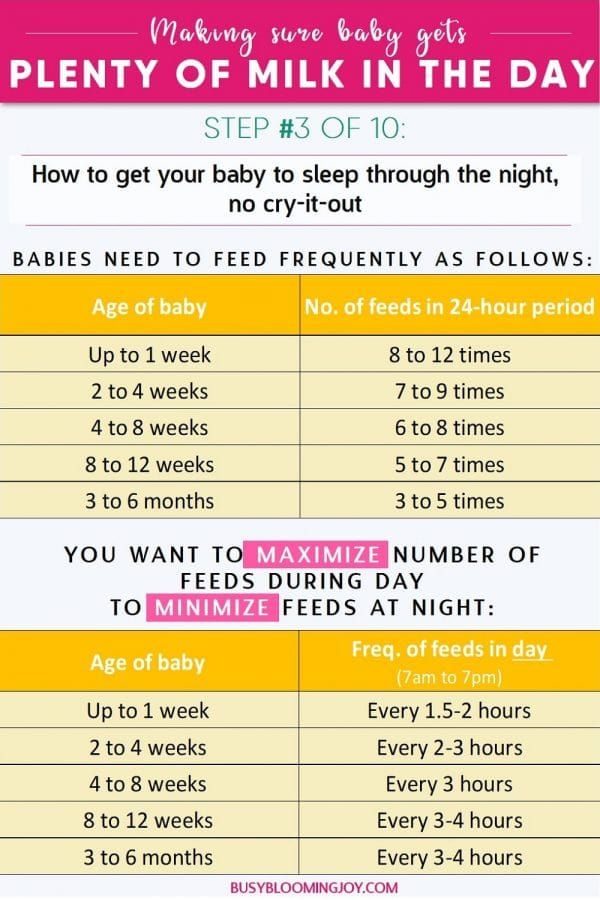 As the baby's digestive tract grows stronger, the interval between feedings gradually increases. Moms have a natural question: when and how should you stop night feedings so that the baby sleeps all night?
As the baby's digestive tract grows stronger, the interval between feedings gradually increases. Moms have a natural question: when and how should you stop night feedings so that the baby sleeps all night?
8 min. for reading Feb. 17, 2022
Contents
Should I feed my baby at night
How many nightly feeds does my baby need
- For breastfed babies, combination breastfeeders and babies with reflux
- Formula-fed babies
How to know if your child is ready to give up nighttime meals
How to wean a baby from night feedings: expert advice
FAQs
Resources while taking care of the baby if you are chronically sleep deprived. But why can't a baby go without food at night?
In the first months, the baby does not have a clear regime, he still weakly distinguishes between day and night: during prenatal development, the baby is used to getting everything he needs from his mother at any time. And most importantly - at the beginning of life, the child grows very quickly and requires a lot of nutrients, while having a small stomach and a still fragile digestive system. For these reasons, the baby cannot go without food for a long time and requires food approximately every 2-3 hours, and pediatricians, in turn, insist on the need for nightly breastfeeding of a newborn.
And most importantly - at the beginning of life, the child grows very quickly and requires a lot of nutrients, while having a small stomach and a still fragile digestive system. For these reasons, the baby cannot go without food for a long time and requires food approximately every 2-3 hours, and pediatricians, in turn, insist on the need for nightly breastfeeding of a newborn.
Important!
Sleep and nutrition patterns, as well as the need for them, are individual for each child. Therefore, if it seems to you that the baby eats little and rarely, or vice versa - too often, consult with the doctor you are seeing.
In addition, night feedings, although they interfere with sleep, are useful not only for the child, but also for the mother. They help to properly establish lactation, because it is at night that the hormone prolactin is produced, which is responsible for the amount of breast milk.
Advice
With proper organization of night feedings, the baby eats half asleep and quickly falls asleep further.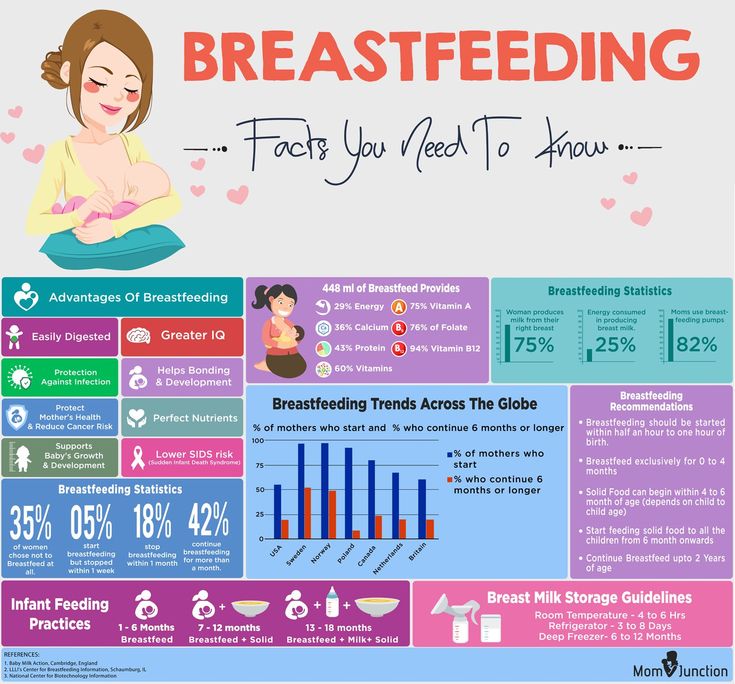 To do this, start a night light in the room and be ready to feed as soon as the baby wakes up. Sleep in comfortable nursing clothing if you are breastfeeding.
To do this, start a night light in the room and be ready to feed as soon as the baby wakes up. Sleep in comfortable nursing clothing if you are breastfeeding.
How many night feeds does a baby need
The smaller the child, the more often he needs to be fed. But over time, the digestive tract gets stronger, and the baby can eat more and endure longer breaks between meals. Below is an approximate number of night feedings, depending on the age of the baby:
1. For breastfed, combination breastfed and reflux infants:
| Age | Number of night feedings |
| 0-3 months | breastfeeding on demand approximately every 2-3 hours |
| 3-4 months | 2-3 times as required or every 3-6 hours |
| 5-6 months | 1-2 meals |
| 7-9 months | 1, possibly 2 times |
| 10-12 months | sometimes 1 feeding |
| 12+ months | usually without night feedings |
See also: Healthy food: how much should a child eat before a year?
Important!
During growth spurts, your baby should be fed as needed.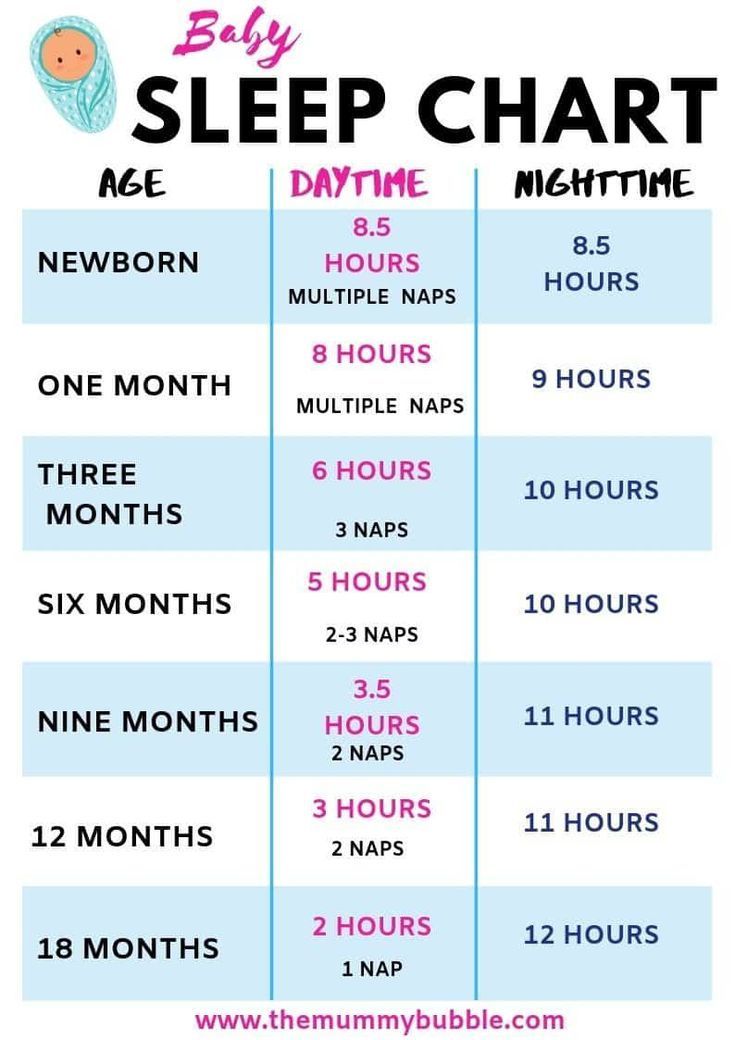 Such bursts occur approximately at 5, 8, 14, 19, 26, 37 and 46 weeks of life and last about 7 days.
Such bursts occur approximately at 5, 8, 14, 19, 26, 37 and 46 weeks of life and last about 7 days.
How do you know if your baby is ready to give up nighttime meals? After this period, the need for nightly meals depends on the pace of development, individual needs and the health of the child. If the baby was born prematurely or is not gaining weight well, experts recommend waking him up 3.5-4 hours after the previous feeding and offering the breast.
Advice
If you're not sure if your baby is ready to stop feeding at night, talk to your doctor. The specialist will help you understand and make the right decision based on the physical indicators of your child.
If the baby is healthy and has a good weight, somewhere between 4 and 6 months old, he will begin to get enough calories during the day so that he does not need to feed at night. In breastfed children, this process may be a little slower - up to 6–10 months [2].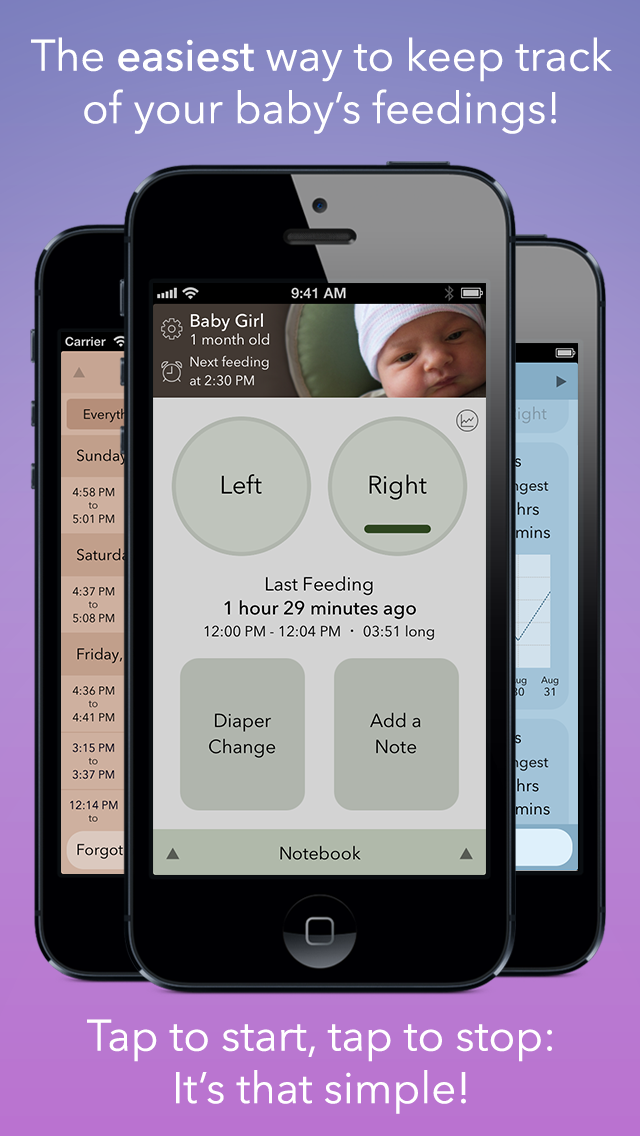
It is also important to take into account that the refusal of nighttime "snacking" occurs gradually: there are very few cases when a child stops eating at night and immediately starts sleeping 5-6 hours in a row. Usually, babies who are used to eating several times a night wake up out of habit, and it will take time to change this routine. First, the baby will ask for food half an hour later than usual, then an hour, a little later - two, and so on. Step by step, over several weeks, night sleep reaches 6-7 hours in a row. This joyful moment can come at 4 months or closer to 12 months: all babies are unique, and it's not scary or unusual for an infant to sleep much longer without food, while an older child keeps waking up to eat.
Advice
Dentists recommend abolishing nighttime feedings for children older than one year, as food leftovers in the mouth can damage baby teeth. This risk is minimal when breastfeeding.
Also, remember that your child has many other important needs.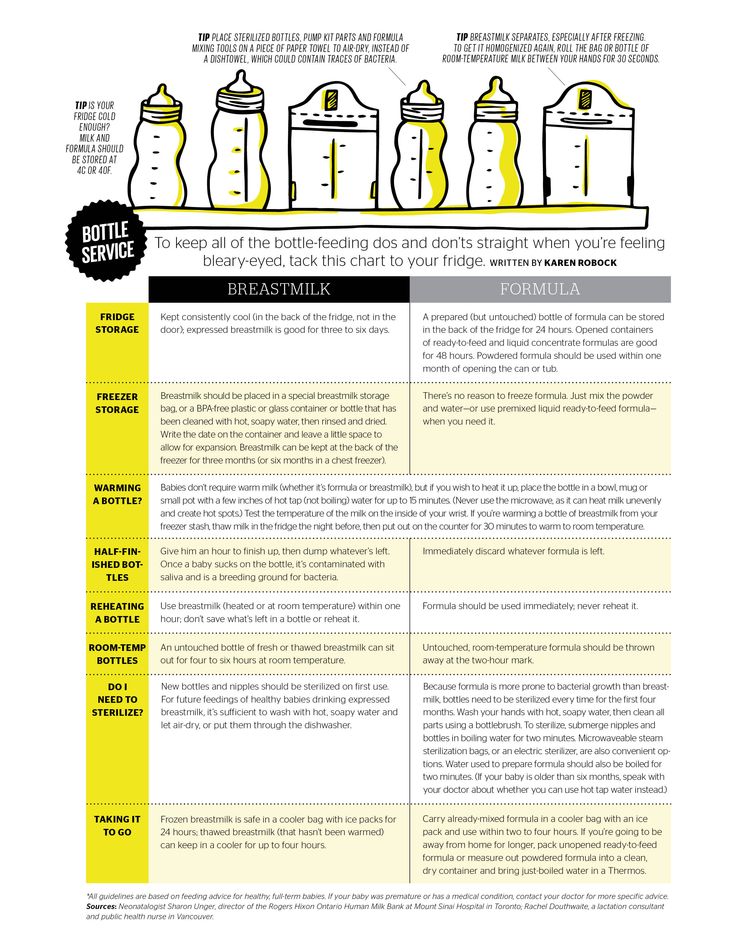 Perhaps he wakes up and calls you, not so much for food, but for comfort and closeness. What could be more reassuring and safer than the caring hands of parents who feed and cradle? feedings.
Perhaps he wakes up and calls you, not so much for food, but for comfort and closeness. What could be more reassuring and safer than the caring hands of parents who feed and cradle? feedings.
How to wean a child from night feeding: expert advice
Many parents are interested in how to properly wean a baby from eating at night so that it does not become a lot of stress for him. Especially if the baby stubbornly refuses to give up night feeding.
- Start the weaning process slowly and gradually. Slowly reduce your nightly breastfeeding time or give your baby less milk (mixture if formula-fed) from a sippy cup. Try to extend the intervals between
Important!
Under no circumstances should the issue of night feedings be turned into a battlefield. The “cry - stop - wean” method loosens the baby’s nervous system and can provoke severe stress.
- Make sure your child eats well during the day.
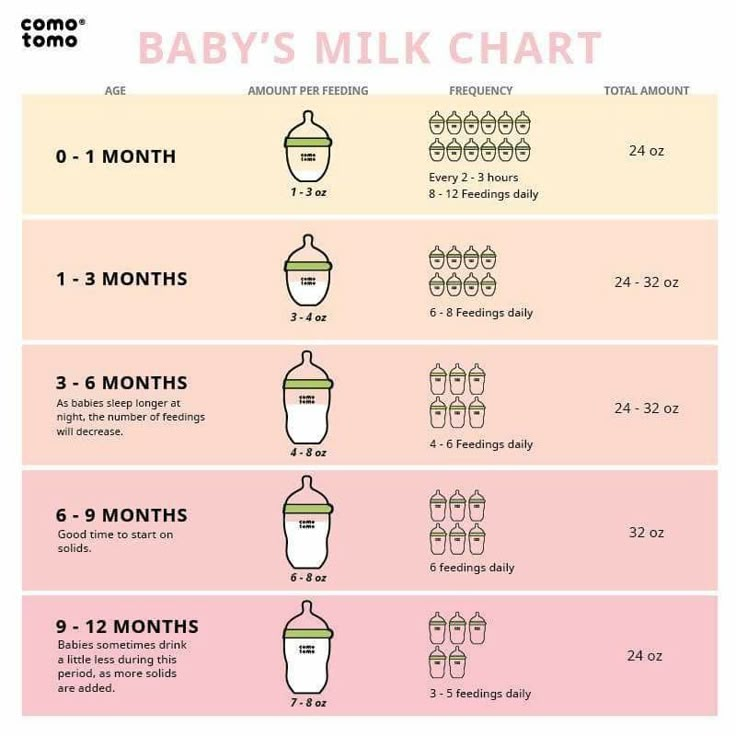 Babies become more active as they get older, and if they get carried away playing or walking, they may skip meals or not eat enough and then try to make up for it at night. Therefore, take scheduled breaks during the day for "silent feeding" in a place where nothing will distract the crumbs from eating.
Babies become more active as they get older, and if they get carried away playing or walking, they may skip meals or not eat enough and then try to make up for it at night. Therefore, take scheduled breaks during the day for "silent feeding" in a place where nothing will distract the crumbs from eating.
Advice
If you're not sure if your child is eating enough, check their height by weighing them at the doctor's office.
- Try feeding your baby before bed. If a child goes to bed with a full tummy, they are less likely to wake up hungry in the middle of the night.
- Ask dad to get up at night with the baby. If an awakened baby hears your smell or the aroma of breast milk, this can provoke his appetite, even if the baby did not wake up because of hunger. If you sleep in the same room, it's best to move the crib to dad's side.
- Phase out feedings one at a time. When the baby wakes up to eat at night, go to him and reassure him, gently but firmly explain that now is the time to sleep, not eat.
 At the same time, pat and stroke the child on the back or tummy, but do not pick him up. Even if the baby does not yet understand your words, he gradually catches the meaning, and your presence and attention will be soothing to him.
At the same time, pat and stroke the child on the back or tummy, but do not pick him up. Even if the baby does not yet understand your words, he gradually catches the meaning, and your presence and attention will be soothing to him. - Try giving your baby water to drink. Babies may wake up at night not from hunger, but from thirst, especially in hot weather or in a room with dry air. If after half an hour the baby wakes up again, feed him, and if not, then he is full and satisfied.
- If the baby has been crying inconsolably after stopping night feeds for several days in a row, stop the attempt and return to your normal routine for a while. Let the baby calm down and start weaning him again in a week or two.
- Do not stop night feedings during the transition period. For example, when you are going to return to work or go on vacation without a baby. If your baby sees less of you during the day, try to hug and interact with him more in your free time. It is necessary that he clearly feels your connection and care, then the baby is less likely to seek solace in the middle of the night.
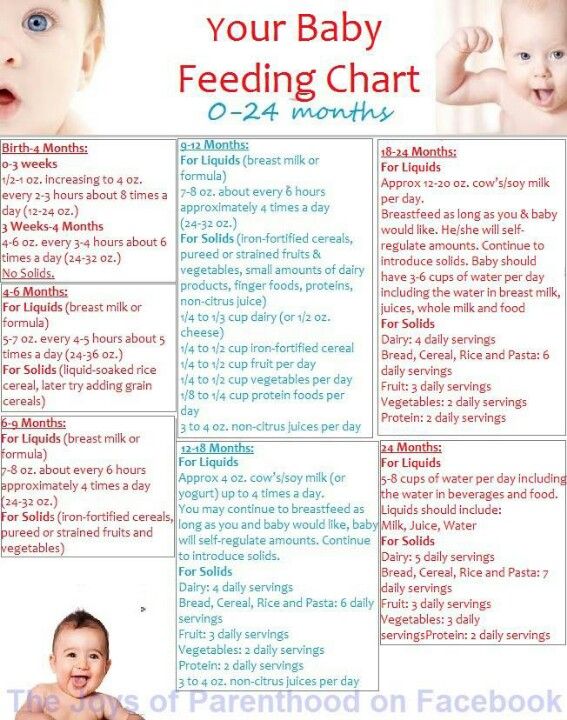
- If the baby continues to demand nightly feedings, try to create conditions in which he does not want to eat. An excellent opportunity appears at 8-9 months, when the baby is already confidently eating complementary foods. To do this, move the usual bowl of porridge to the evening: this way the child stays full longer and may not ask for an extra portion of food at night.
Advice Do not give your baby new foods at night, introduce them only in the morning. Otherwise, you run the risk of observing the reaction to unfamiliar complementary foods instead of sleep. Also, do not give your child meat at night, it is hard to digest, can cause discomfort in the stomach and restless sleep. Also keep in mind that the decision to not feed at night depends in part on how it affects you. If you enjoy breastfeeding or drinking from a cup at night, there is no reason to stop: at a certain point, the baby will stop asking for food on its own. 1. How often should a newborn be fed? A newborn needs to be fed every 2-3 hours, i.e. 10-12 times a day. Further, the intervals between feedings gradually increase to 3-6 hours, and the child gets the opportunity to sleep all night. 2. How much should a child eat per day? Your baby's daily "portion" of food depends on his age and weight. From 10 days to 1.5 months, the baby needs such an amount of food, the weight of which is approximately 1/5 of the child's body weight. From 1.5 to 4 months - 1/6 of the baby's weight, from 4 to 6 months - 1/7, from 6 to 8 months - 1/8, from 8 to 12 months - 1/9. 3. What happens if you don't stop night feedings? Most likely, the child will eventually refuse them himself. Sources Child Development by Month Average Customer Rating 2 customer ratings Snapshot of community ratings 0-6 months Article 0 reviews The resumption of intimate relationships after childbirth is an ambiguous question. 0-6 months Article 0 reviews To be or not to be cucumbers and potatoes in the menu of a nursing mother? What vegetables can be eaten while breastfeeding, and which should be limited? 0-6 months Article The key to a successful start to breastfeeding is the correct latch on of the nipple. 0-6 months Article 0 reviews The minimum interval between births, according to doctors, is 3 years. 0-6 months Article 0 reviews If breastfeeding is not possible, express with a breast pump or by hand. And we will tell you what and how to store breast milk. 0-6 months Article 0 reviews The appearance of a baby in the house is accompanied by both joy and feelings of young parents. Each change in the behavior and condition of the baby alarms the mother, especially if it causes discomfort and tears in the baby. 0-6 months Article Mothers usually start breastfeeding their newborn while still in the hospital. The physiology of the infant is well adapted to this. During the first feeding, the baby receives colostrum, which contains antibodies that fight infections. 0-6 months Article 0 reviews Tips and position on smoking while breastfeeding / smoking while breastfeeding from well-known international and Ukrainian pediatricians, WHO and La Leche League - a public organization to support breastfeeding women. 0-6 months Article 0 reviews The most natural and healthy food for a baby is and has always been breast milk. Its composition and properties are ideal for a small organism and not a single, even the most perfect artificial infant formula can replace this diet. 0-6 months Article 0 reviews The birth of a child is the most memorable and long-awaited event in life. When carrying it, the mother faces many difficulties, which, with the advent of the baby, it would seem, should decrease. However, it is not. After giving birth, a child requires a lot of time and attention, as well as round-the-clock care. 0-6 months Article 0 reviews A newly born little man is still in the process of thermoregulation. Therefore, the temperature norms for such a baby will differ not only from the norms of an adult, but even from those of a one-year-old child. 0-6 months Article 0 reviews Breastfeeding is not always easy and women often face the problem of breast inflammation. Why does mastitis develop and how to recognize the first symptoms? And also let's figure out what can be done to prevent the disease. 0-6 months Article 0 reviews Several proven methods to reduce the stomach after childbirth. 0-6 months Article 0 reviews The baby's umbilical cord is the link between the baby and mother throughout life inside the mother's womb. 0-6 months Article 0 reviews Breastfeeding is a process that has an extraordinary impact on the development and health of the baby. Since the relationship between the child and the mother is continuous, everything that has entered the body of a nursing mother will immediately end up in the baby's body. 0-6 months Article The success of breastfeeding depends on several factors: choosing a comfortable position for mother and baby, some practice and proper attachment to the breast. 0-6 months Article 0 reviews Lochia is a natural postpartum discharge. They appear immediately after the placenta has passed and last for several weeks until the lining of the uterus is completely healed. What do lochia look like at different stages, what is the norm, and in what cases should you sound the alarm? And is it possible to speed up postpartum recovery? 0-6 months Article 0 reviews Breast milk is the healthiest and healthiest food for a baby.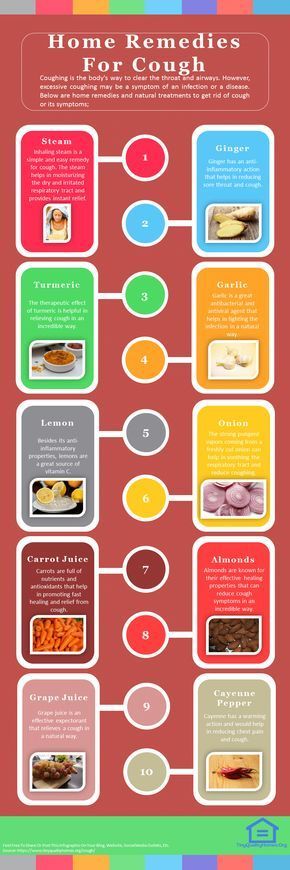 But if you feel that lack of sleep prevents you from living and enjoying motherhood, and the baby is already physically ready for change, it's time to try switching to a daily routine. In any case, you should do what is best for you and your family.
But if you feel that lack of sleep prevents you from living and enjoying motherhood, and the baby is already physically ready for change, it's time to try switching to a daily routine. In any case, you should do what is best for you and your family. FAQ
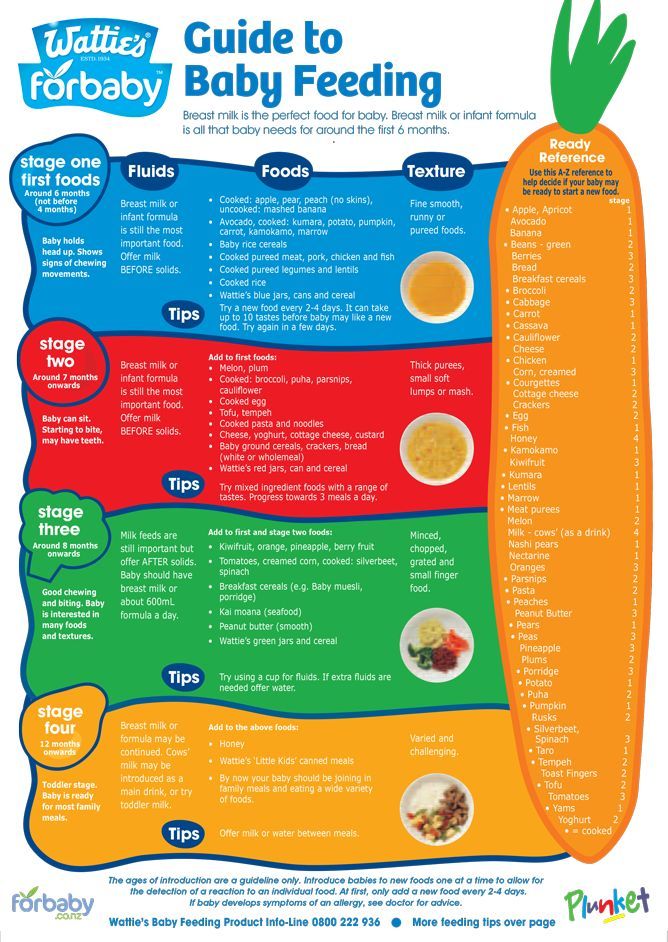 But some pediatricians, notably Richard Ferber [1], warn that unnecessary nighttime feedings can cause sleep problems. Also, food leftovers after late “snacks” can provoke the development of caries in milk teeth.
But some pediatricians, notably Richard Ferber [1], warn that unnecessary nighttime feedings can cause sleep problems. Also, food leftovers after late “snacks” can provoke the development of caries in milk teeth.
Related Articles
Latest Reviews
Recommended Articles
When can you have sex after giving birth?
 On the one hand, after such a long abstinence, you want to have sex as soon as possible, on the other hand, there are a number of nuances that prevent this. When you can have sex after childbirth and what precautions you should take - read further in the article.
On the one hand, after such a long abstinence, you want to have sex as soon as possible, on the other hand, there are a number of nuances that prevent this. When you can have sex after childbirth and what precautions you should take - read further in the article. What Vegetables Can I Eat While Breastfeeding?
How can I help my baby latch onto the nipple?
Contraception during breastfeeding (HB): TOP-7 methods
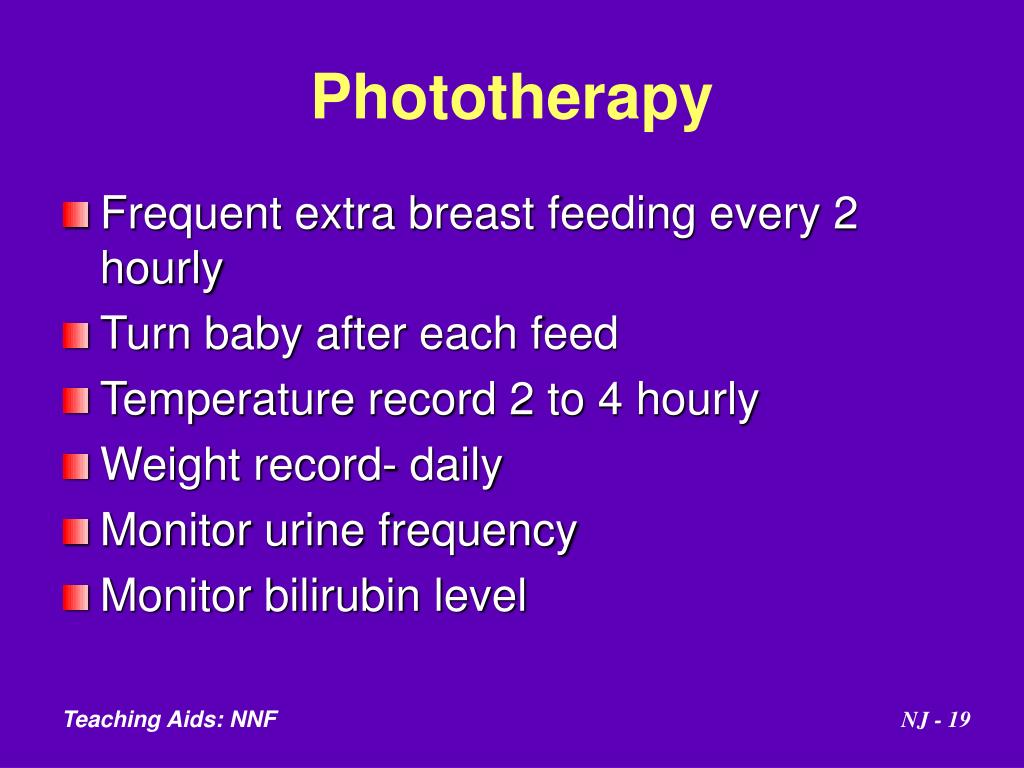 Carrying and giving birth to a child, breastfeeding - all this is a burden on the female body. Let him fully recover and consider contraception for breastfeeding. Here are a few methods that might come in handy.
Carrying and giving birth to a child, breastfeeding - all this is a burden on the female body. Let him fully recover and consider contraception for breastfeeding. Here are a few methods that might come in handy. Storing breast milk: TOP 5 tips on how to store it
Constipation in a newborn: what to do?
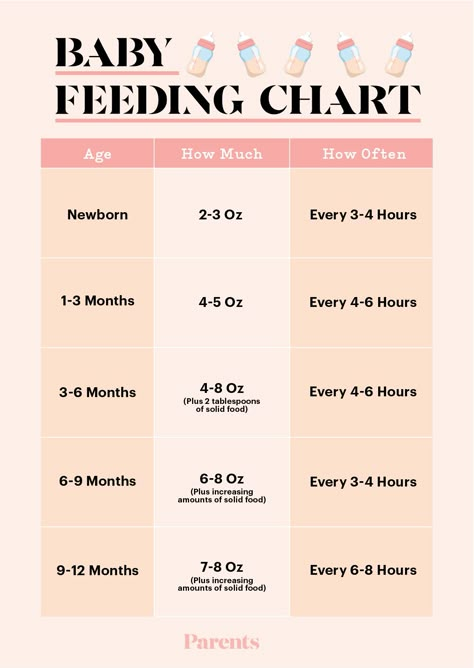 One such phenomenon is constipation in a newborn. While the baby is not able to say about her well-being, the mother is the main detector of the condition and health of her child, she must understand when the baby experiences discomfort or pain, what caused it, and what to do in such cases.
One such phenomenon is constipation in a newborn. While the baby is not able to say about her well-being, the mother is the main detector of the condition and health of her child, she must understand when the baby experiences discomfort or pain, what caused it, and what to do in such cases. Breastfeeding: the first steps after childbirth
Smoking while breastfeeding (HB): the impact on the baby
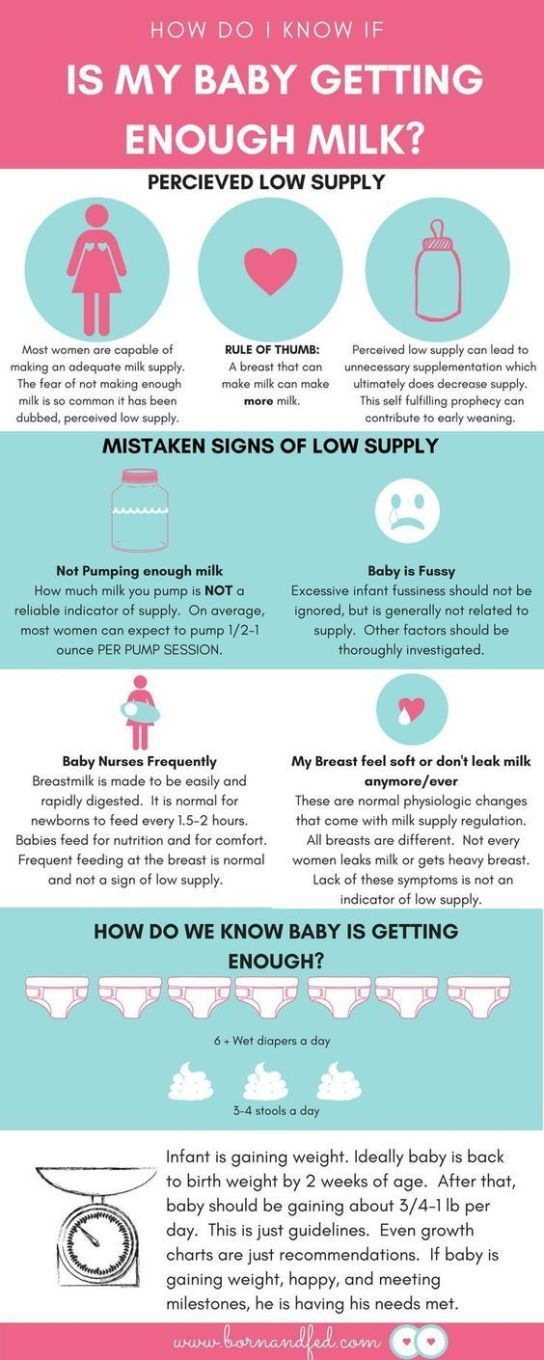
Expressing Breast Milk: Top 5 Tips
How to increase the amount of breast milk?
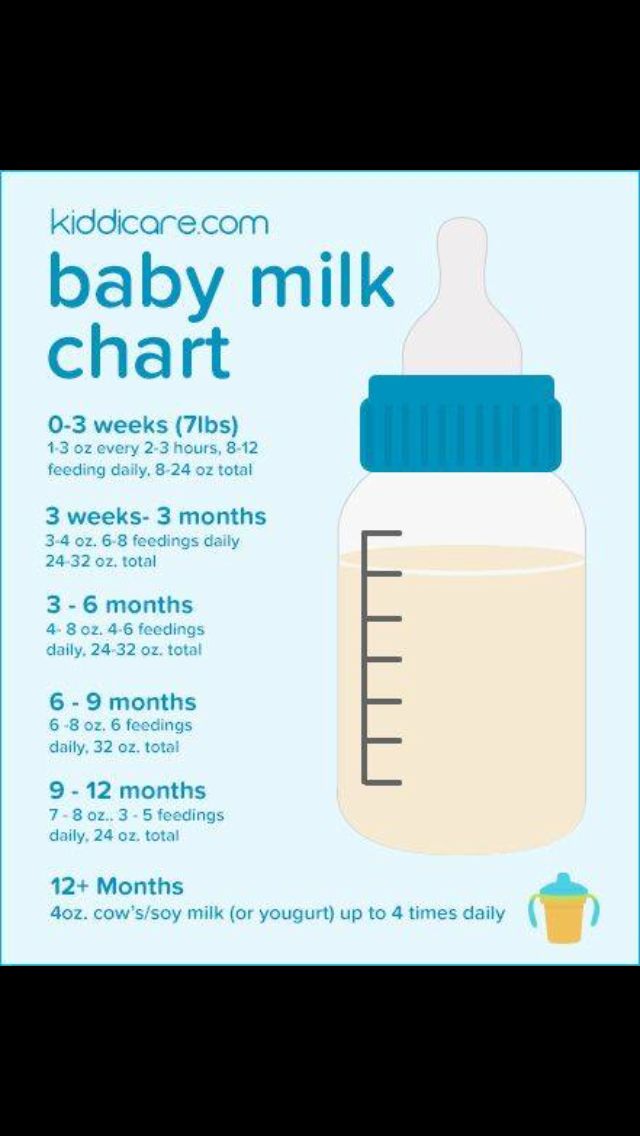 During this period, its proper nutrition is especially important, on which the growth and further development of the little man depends. The best thing for him is his mother's milk. It is rich in vitamins and essential trace elements of the immune system of the crumbs. However, very often the baby does not have enough breast milk, he does not eat enough, sleeps badly and cries. To remedy the situation, mothers are looking for options on how to increase the amount of breast milk and what needs to be done for this.
During this period, its proper nutrition is especially important, on which the growth and further development of the little man depends. The best thing for him is his mother's milk. It is rich in vitamins and essential trace elements of the immune system of the crumbs. However, very often the baby does not have enough breast milk, he does not eat enough, sleeps badly and cries. To remedy the situation, mothers are looking for options on how to increase the amount of breast milk and what needs to be done for this. How to measure the temperature of a newborn: 3 ways
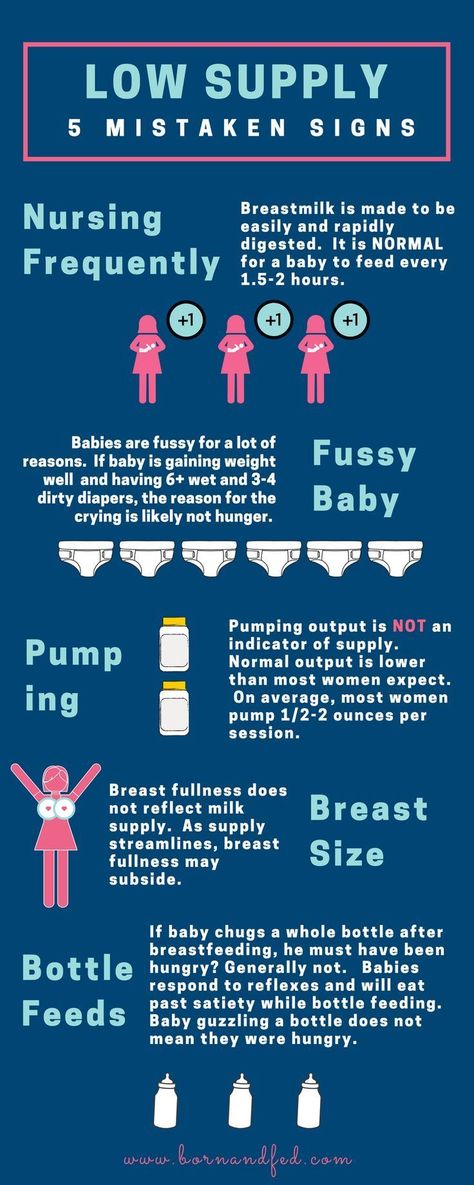 During this period, a small "lump" causes a lot of worries and worries in the mother. Any change can cause anxiety, and therefore mothers should know how to measure the temperature of a newborn.
During this period, a small "lump" causes a lot of worries and worries in the mother. Any change can cause anxiety, and therefore mothers should know how to measure the temperature of a newborn. Mastitis (breast inflammation): treatment, causes and symptoms
How to remove the stomach after childbirth: TOP 8 tips
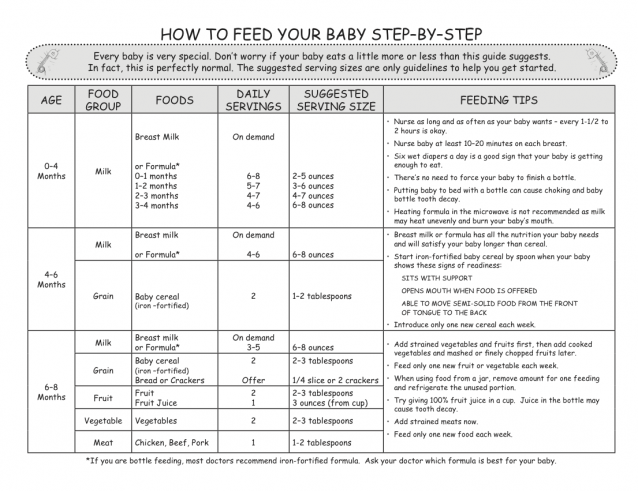 Follow simple recommendations, and soon you will return to your figure, which was before pregnancy.
Follow simple recommendations, and soon you will return to your figure, which was before pregnancy. How to care for the navel of a newborn?
Alcohol while breastfeeding (LB): can I drink it?
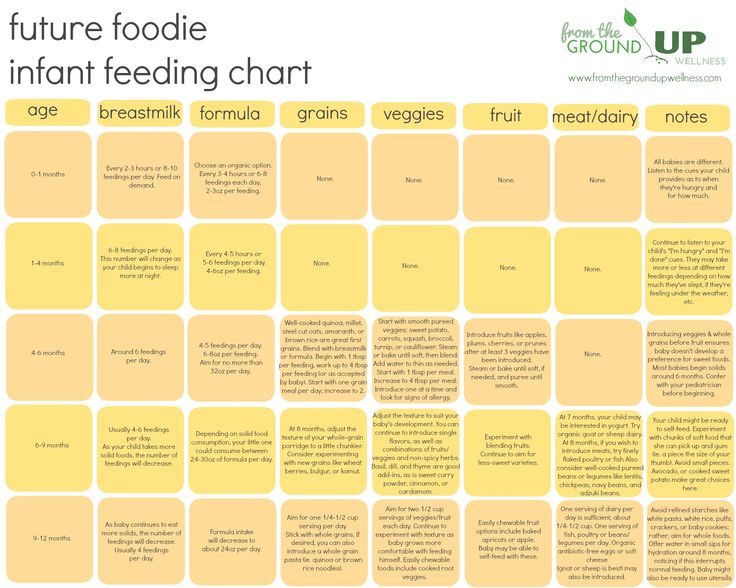
Proper breastfeeding is the key to successful feeding.
Discharge after childbirth, or lochia: what a young mother needs to know
How to increase the amount of breast milk?
